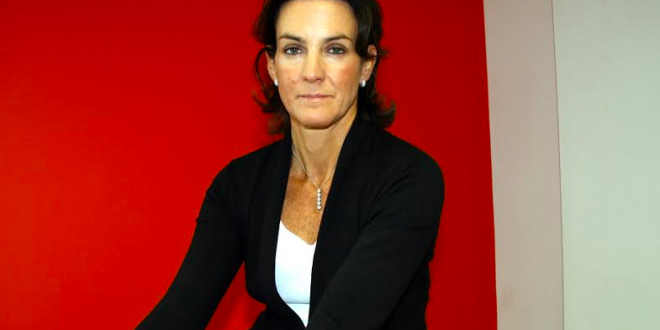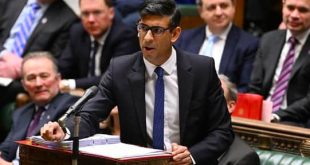GambleAware has highlighted key recommendations and feedback made by Bournemouth University on “How to Create Safer Online Gambling” environments
Bournemouth University was commissioned by GambleAware to provide independent research on how operators delivered effective and engaging safer gambling messages to customers.
The research was further tasked with evaluating the transparency of messages when operators provide information to customers.
Insights were deemed necessary as previous research within online gambling had highlighted the use of unfair or misleading promotional techniques, such as ‘free play’ promotions and unclear pay-out rates, as well as the lack of corporate social responsibility (CSR) policies.
Bournemouth University undertook four separate research formats examining operator standards, including a ‘Scooping Review’ used to map the extent and depth academic research is available on developing safer gambling practices.
The study was followed by a ‘Narrative Review’ of transparency in persuasive and immersive technologies, as well as online marketing impacting customers behaviour and engagements within online environments.
A third study saw researchers undertake a ‘Systematic Review’ of transparency in safer and responsible gambling available to operators including recommendations for best practices.
The research was concluded by a ‘Website Content Analysis’ reviewing the existing messaging of UK licensed operators.
Key recommendations included that gambling operators should deliver information about genuine probability of winning in a game rather than exaggerated return rates.
Educational content should also be prioritised by online operators to reduce player misperceptions of how games work and to better inform on potential risks and safer gambling behaviours.
Operators were also recommended to be prepared to provide full transparency on purposes of data and possible consequences resulting from use of the data.
Backing insights, GambleAware CEO Zoë Osmond said: “This report makes some important recommendations for gambling operators to place greater focus and importance on safer gambling messages on their websites and ensure people are aware of the risks. This research serves as further proof that we need to see the gambling White Paper published as soon as possible to avoid further gambling harm.”









